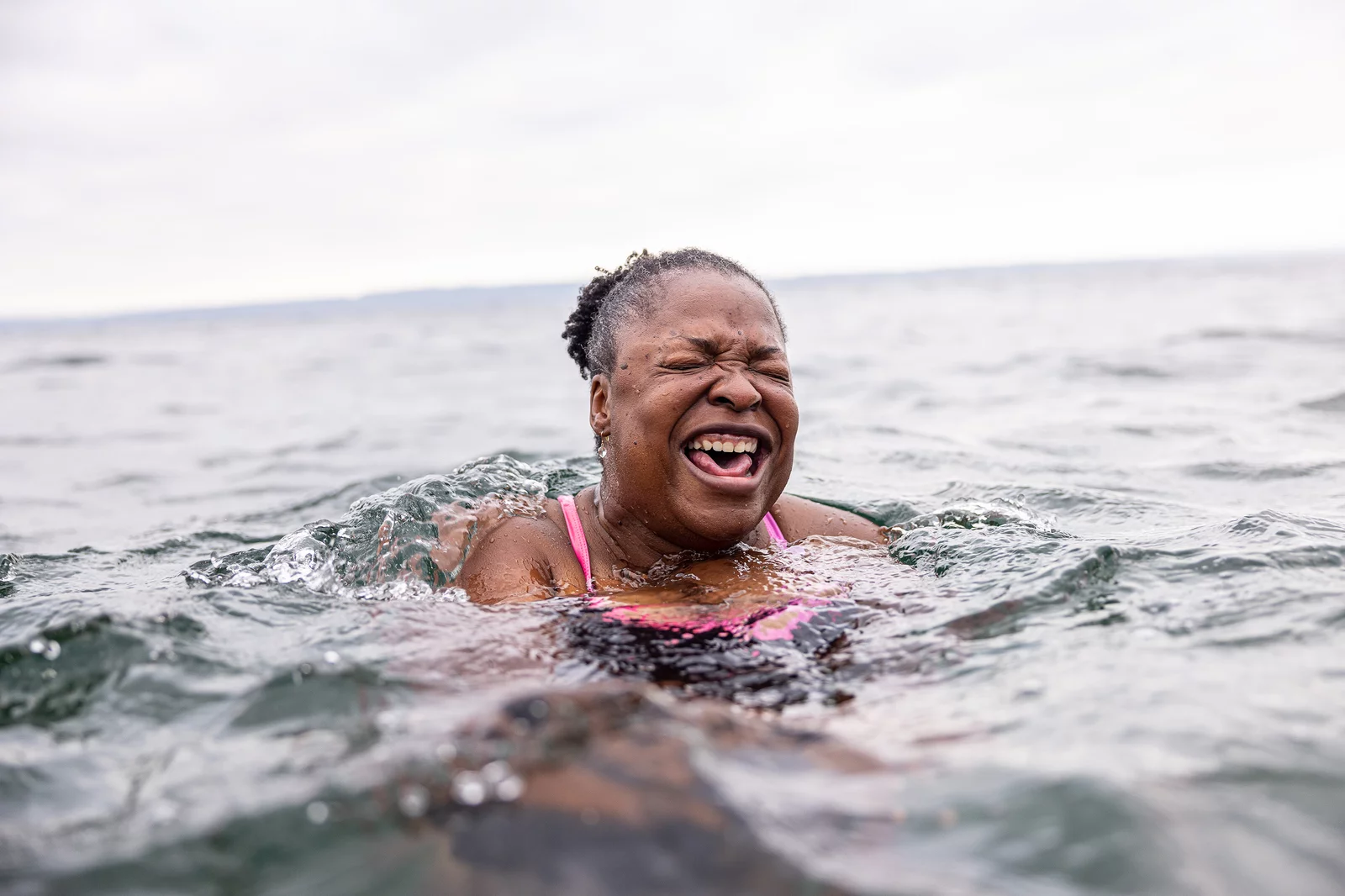Ready to cold plunge? We dive into the science to see if it’s worth it
Read the original article here >
Your body’s first reaction to a plunge in chilly water is the “cold shock” response. Your heart rate jumps. Stress hormones spike. You gasp suddenly, and may hyperventilate.
Your reward if you stay in long enough to endure these initial excruciating moments? You start to shiver.
To the uninitiated, it may not be obvious why the practice of cold plunging has attracted a huge following in recent years.
But those who’ve embraced the cold water craze — be that in a frigid lake, the ocean, or an ice bath in their backyard — frequently describe powerful, even transformative effects on their state of mind and sense of wellbeing.
“Any anxiety, anything I’m struggling with, it’s gone and when I come out of the water — I’ve left it in the water,” says Audrey Nassal during a recent Sunday morning dip at a Seattle beach. It’s one of the gatherings put on by the Puget Sound Plungers, a group of several thousand who regularly take to the frigid waters of the Pacific Northwest.
Riley Swortz, who’s bobbing next to Nassal, says she revels in the moment her body stops recoiling from the shock. “There’s a point where it’s no longer cold anymore,” she says, “This calm washes over you and I feel like that lasts for at least a few days.”
Groups like this one have popped up in cold water spots around the U.S. and the world.
Read the original article here >

